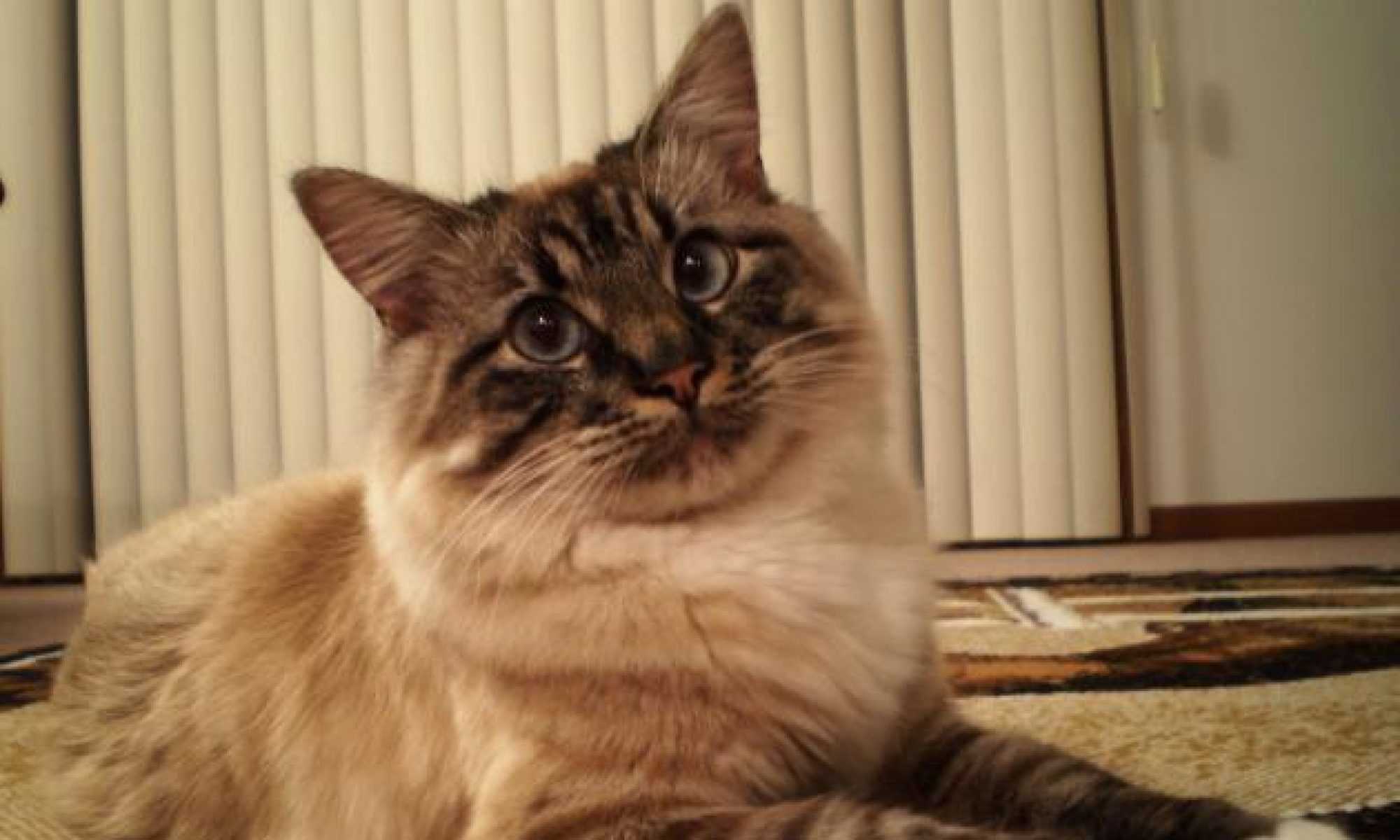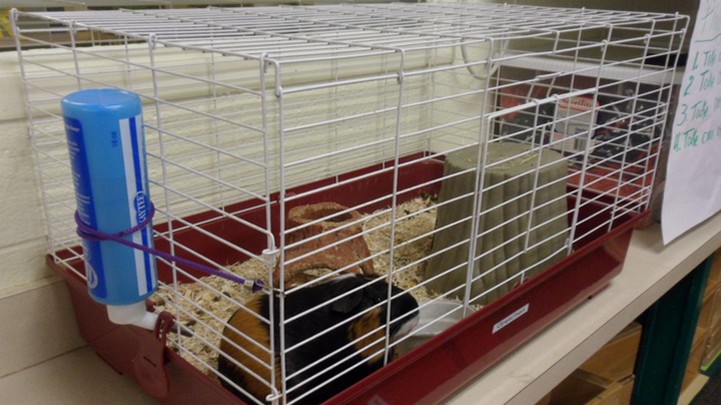Introduction
Kidney disease is a condition also referred to as renal disease that occurs in rabbits. Renal disease is characterized by the inability of the kidneys to maintain normal function. Kidney failure is normally a result of poor husbandry and a diet high in calcium. Other causes such as severe trauma and stroke may lead to acute development of the disease.
Causes
Older rabbits are particularly prone to this condition; however, younger rabbits can also develop the disease. Often symptoms …




